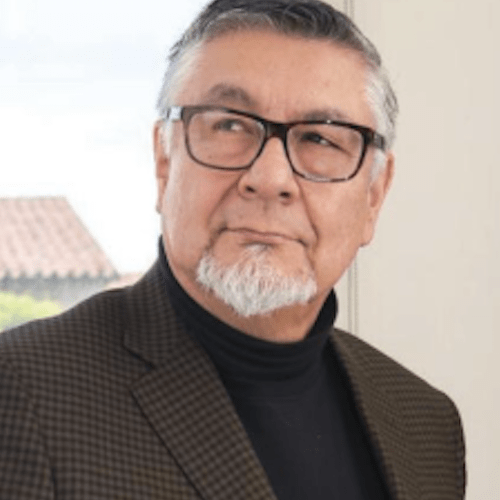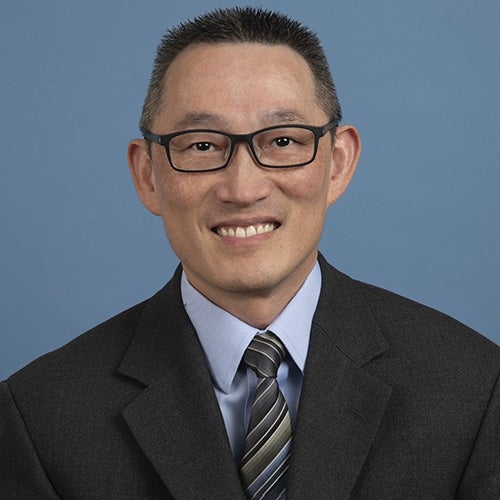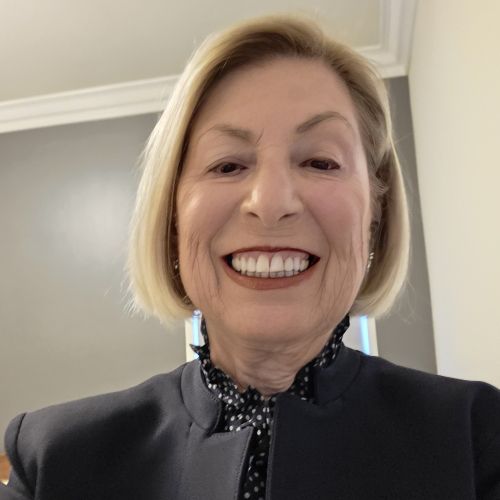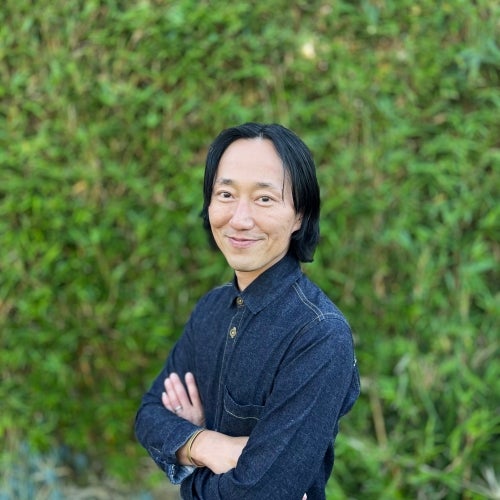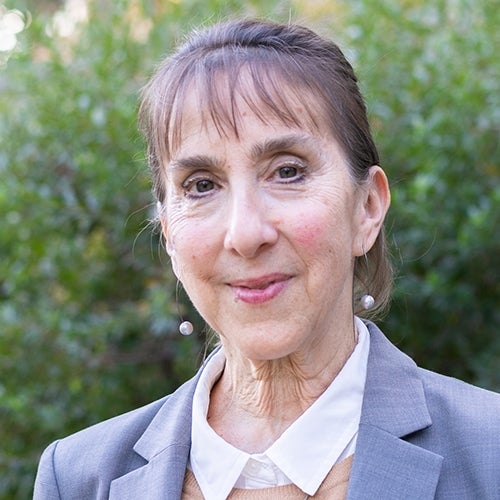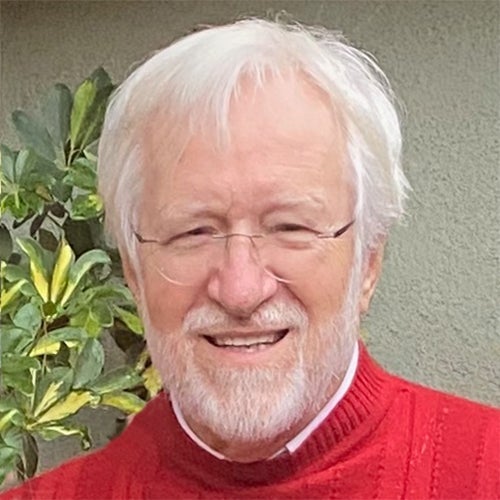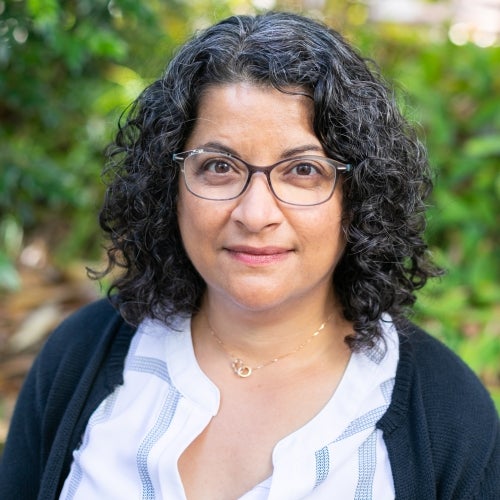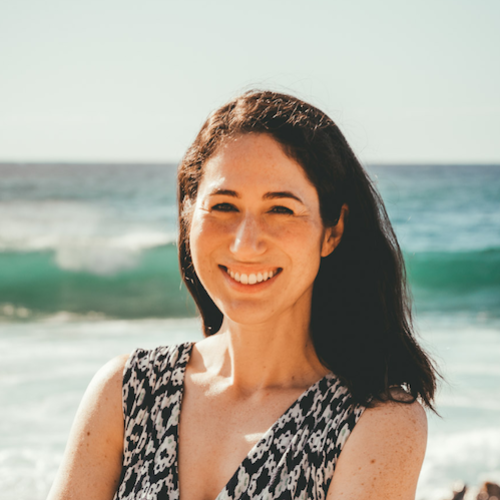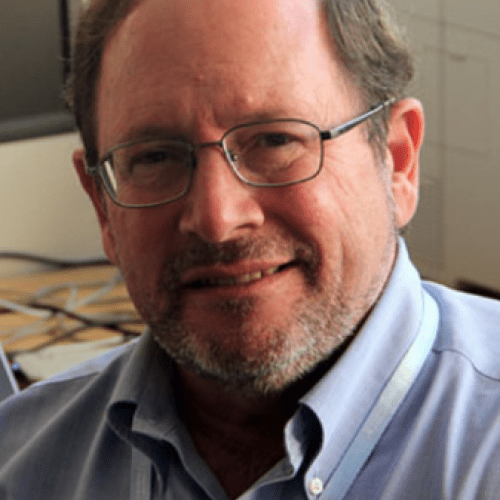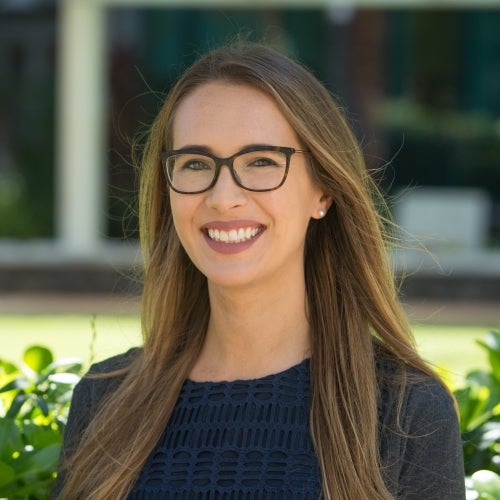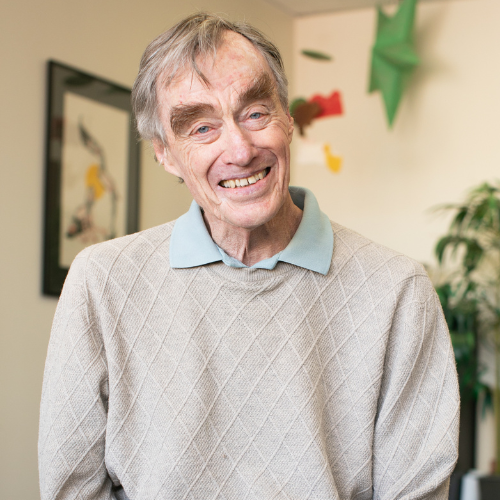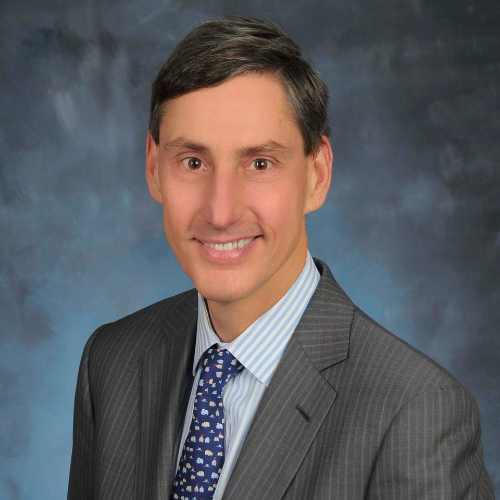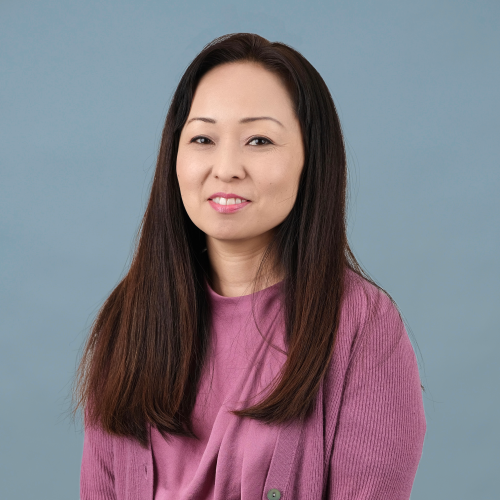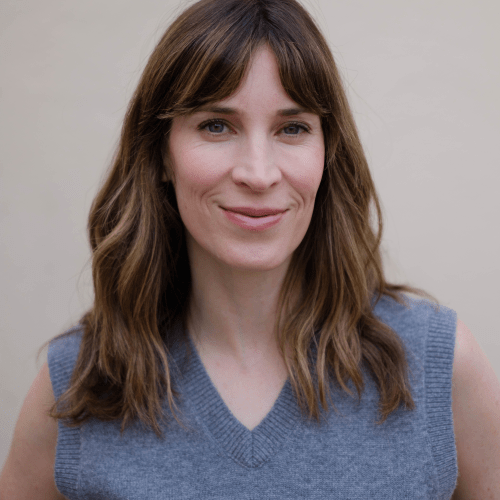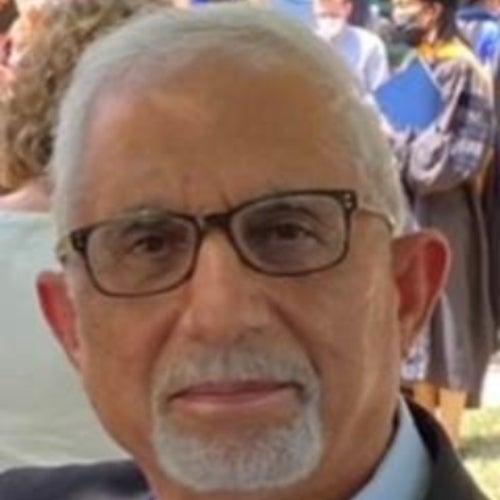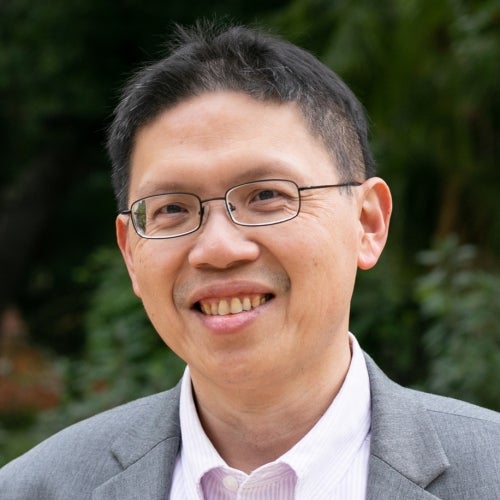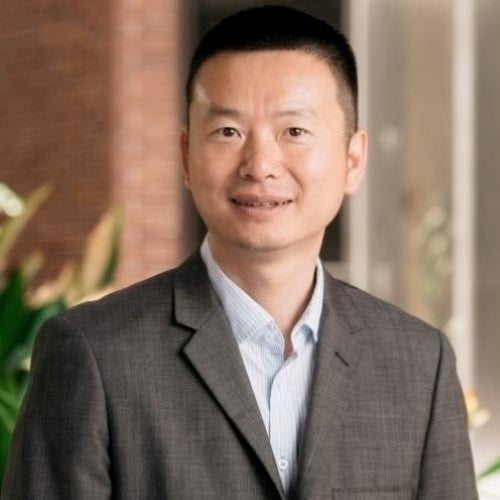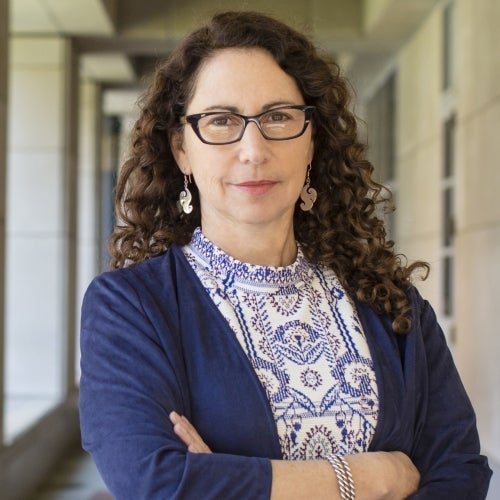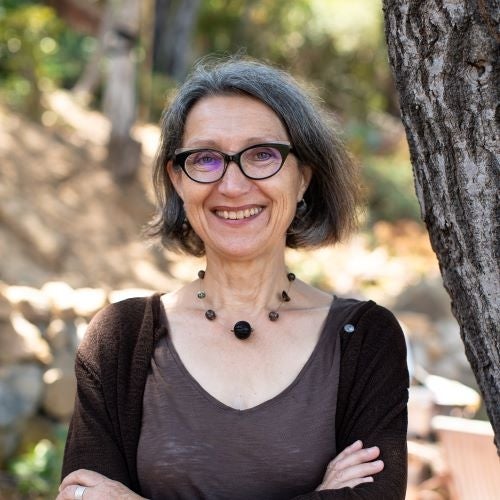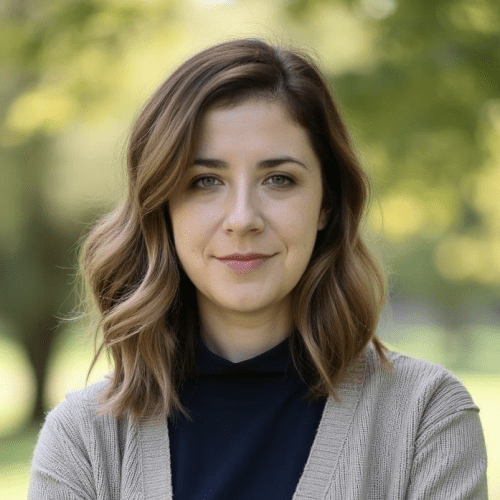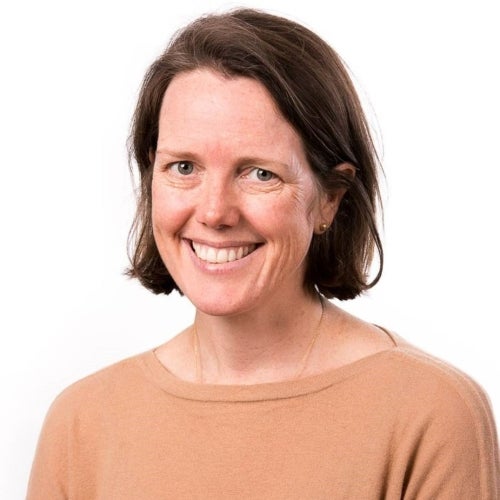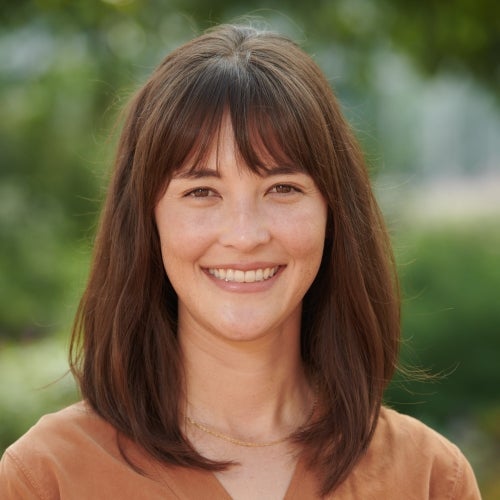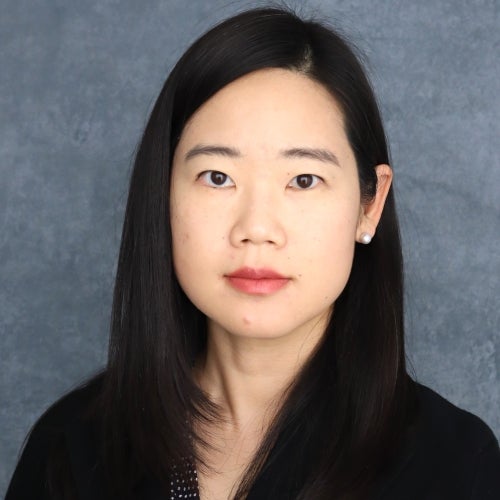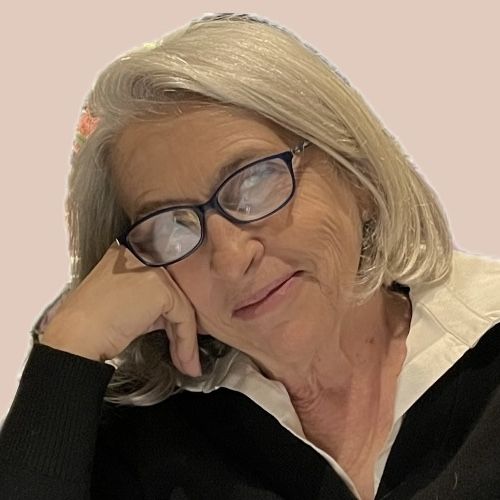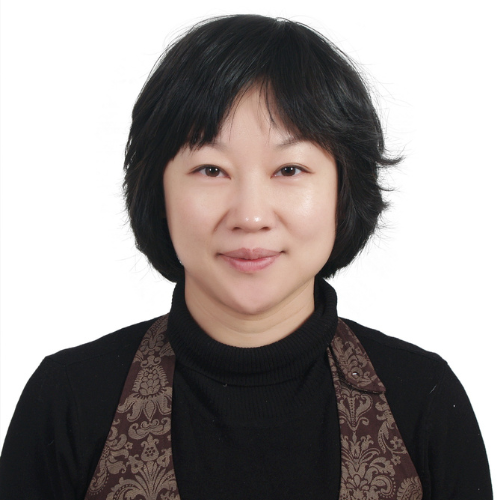UCLA Fielding School researchers find Salvadoran-American community had limited resources during COVID-19
Dr. David Hayes-Bautista and Dr. Paul Hsu have found that California's Salvadoran-American community suffers from lack of health insurance.
The COVID-19 pandemic has highlighted the importance of access to healthcare, and this access is obtainable when a community has access to health insurance, according to work by UCLA researchers that explores insurance coverage in California's Salvadoran-American community.
The report - "Uninsured Salvadorans in California," and published by the UCLA Center for the Study of Latino Health and Culture - was released Sept. 15; the most important finding is that immigrant Salvadorans are three times more likely to be uninsured, compared to U.S.-born Salvadoran-Americans.
“Lack of insurance has long been identified as a major barrier to health care access,” said Dr. Paul Hsu, UCLA Fielding School of Public Health assistant professor of epidemiology and one of the authors. “And of course, not having access to health care can lead to any number of negative health outcomes, due to delays in disease diagnosis and/or treatment.”
While all Latino communities struggle to manage the high costs of seeking health care, Salvadoran-American communities find themselves in a unique position: in addition to choosing between going without care or seeking less expensive care in Tijuana, some Salvadorans seek even lower-cost care in El Salvador.
“These data made sense to me because, while growing up here in Los Angeles, we would travel to El Salvador for health or dental services,” explained Salvadoran-American researcher Giselle Hernandez, one of the authors. “This was because the services abroad were much more affordable, compared to what we would have to pay in the United States.”
Overall, the researchers have found Latinos in California are twice as likely as non-Latinos not to have health insurance. Although the Affordable Care Act (ACA) significantly reduced the overall percentage of Californians without health insurance, from 2008 to 2018, the percentage of Latinos without health insurance nonetheless remained twice that of other ethnic groups. The data used in this study came from the American Community Survey ACS-IPUMS and were 5-year estimates from 2015-2019.
The report is the first in a planned series to examine public health issues in the Central American community in California, including the impact of COVID-19 pandemic, said Dr. David Hayes-Bautista, UCLA Fielding School of Public Health professor of health policy and management and director of the Center for the Study of Latino Health and Culture, or CESLAC. Hayes-Bautista noted that as the Latino population grows in California, it is important to disaggregate data sets in order to better understand the various communities within that larger population; including, for example, the question of why is uninsurance higher among immigrant Salvadorans, compared to U.S.-born Salvadorans.
“Health policy research done on Central Americans in the United States is sparse,” said Hayes-Bautista, also a distinguished professor of medicine at UCLA. “But there is a growing community of Central American researchers and scholars working to fill in those gaps."

Robert J. Kim-Farley, MD, MPH, is a Professor-in-Residence with joint appointments in the Departments of Epidemiology and Community Health Sciences

Professor of Community Health Sciences & Health Policy and Management, and Associate Dean for Research

Dr. Michelle S. Keller is a health services researcher whose research focuses on the use and prescribing of high-risk medications.

Dr. Ron Andersen is the Wasserman Professor Emeritus in the UCLA Departments of Health Policy and Management.

EMPH Academic Program Director with expertise in healthcare marketing, finance, and reproductive health policy, teaching in the EMPH, MPH, MHA program
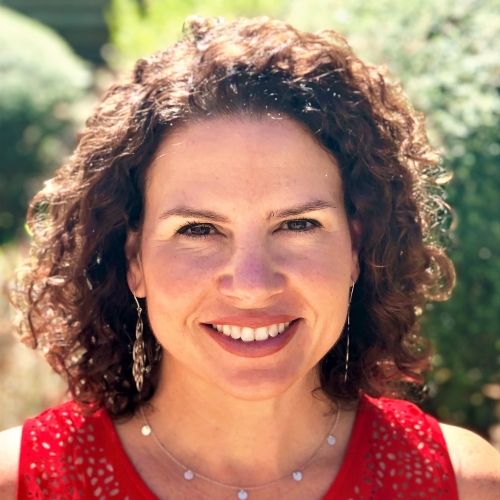
Dr. Joseph Davey is an infectious disease epidemiologist with over 20 years' experience leading research on HIV/STI services for women and children.
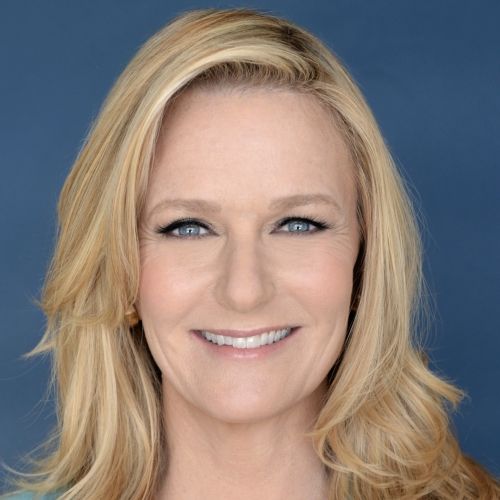
Dr. Anne Rimoin is a Professor of Epidemiology and holds the Gordon–Levin Endowed Chair in Infectious Diseases and Public Health.
Nationally recognized health services researcher and sociomedical scientist with 25+ years' experience in effectiveness and implementation research.
